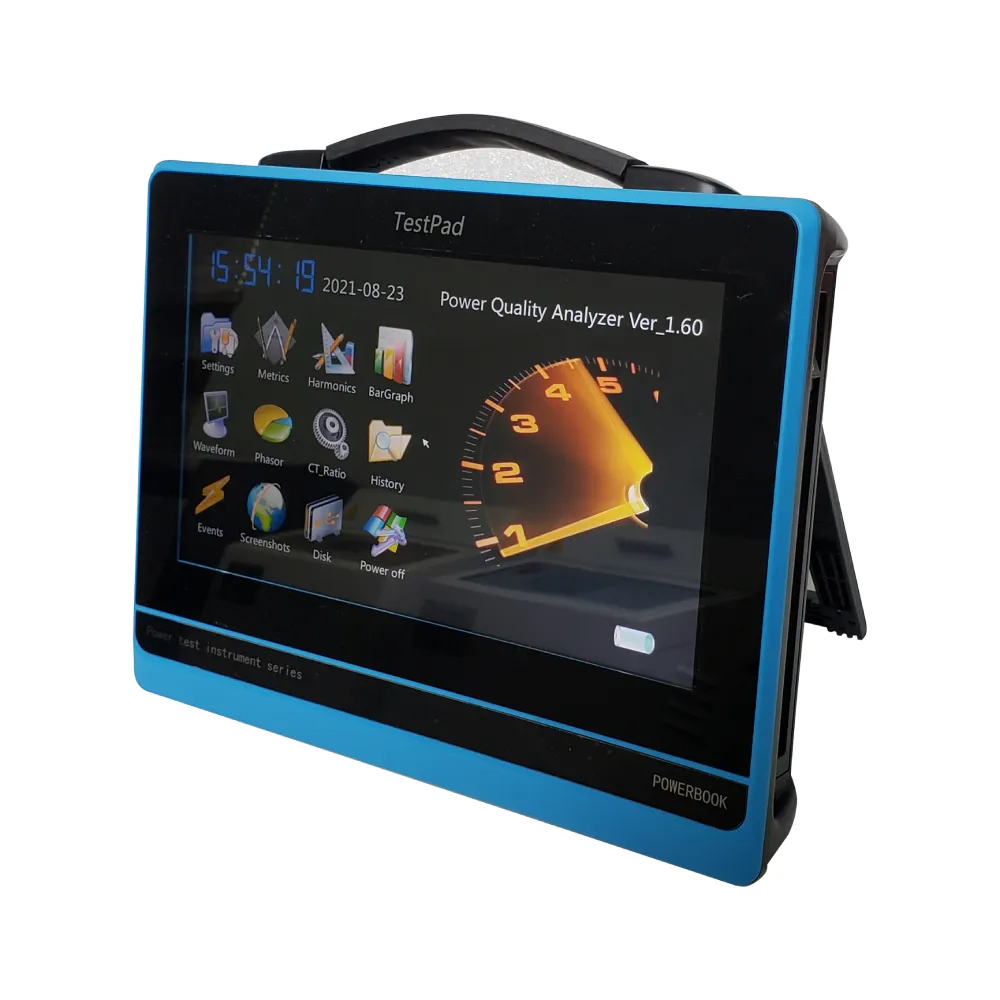 English
English


gcms testing
Understanding GCMS Testing A Critical Tool in Analytical Chemistry
Gas Chromatography-Mass Spectrometry (GC-MS) is a powerful analytical technique widely used in various fields, including environmental monitoring, pharmaceuticals, forensics, and food safety. This technology combines the capabilities of gas chromatography (GC) and mass spectrometry (MS) to provide detailed information about the composition of complex mixtures.
Understanding GCMS Testing A Critical Tool in Analytical Chemistry
Once the compounds are separated, they are directed into the mass spectrometer, which operates on the principle of ionization and fragmentation. In the mass spectrometer, the molecules are ionized, typically using electron impact or chemical ionization methods. This ionization process generates charged particles, which are then subjected to an electric field that separates them according to their mass-to-charge ratio (m/z). The resulting mass spectrum provides a fingerprint of the molecules present in the sample, enabling analysts to identify compounds based on their unique mass values.
gcms testing

One of the significant advantages of GC-MS is its sensitivity and specificity, making it an invaluable tool for detecting trace levels of substances in complex matrices. For instance, in forensic science, GC-MS can identify and quantify drugs, toxins, or pollutants in biological samples, helping to construct accurate scenarios in criminal investigations. Similarly, in environmental science, it helps monitor soil and water samples for hazardous substances, ensuring regulatory compliance.
Moreover, GC-MS can analyze volatile organic compounds (VOCs) in food products, which is vital for ensuring food safety and quality. By identifying harmful additives or contaminants, businesses can maintain high standards and protect consumer health.
In conclusion, GC-MS testing is a crucial methodology that combines separation and identification techniques to achieve accurate and reliable results in analytical chemistry. Its applications span various industries, providing essential data for health, safety, and regulatory compliance. As technology evolves, GC-MS continues to refine our ability to analyze complex mixtures, underscoring its significance in modern scientific research.
-
Differences between open cup flash point tester and closed cup flash point testerNewsOct.31,2024
-
The Reliable Load Tap ChangerNewsOct.23,2024
-
The Essential Guide to Hipot TestersNewsOct.23,2024
-
The Digital Insulation TesterNewsOct.23,2024
-
The Best Earth Loop Impedance Tester for SaleNewsOct.23,2024
-
Tan Delta Tester--The Essential Tool for Electrical Insulation TestingNewsOct.23,2024





